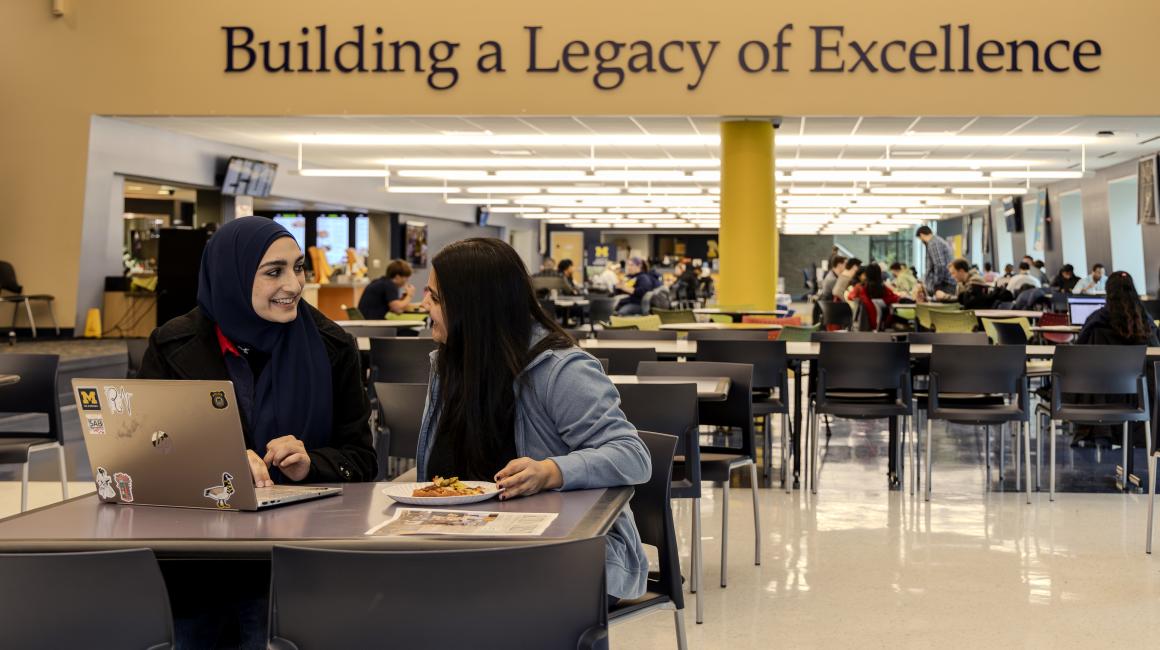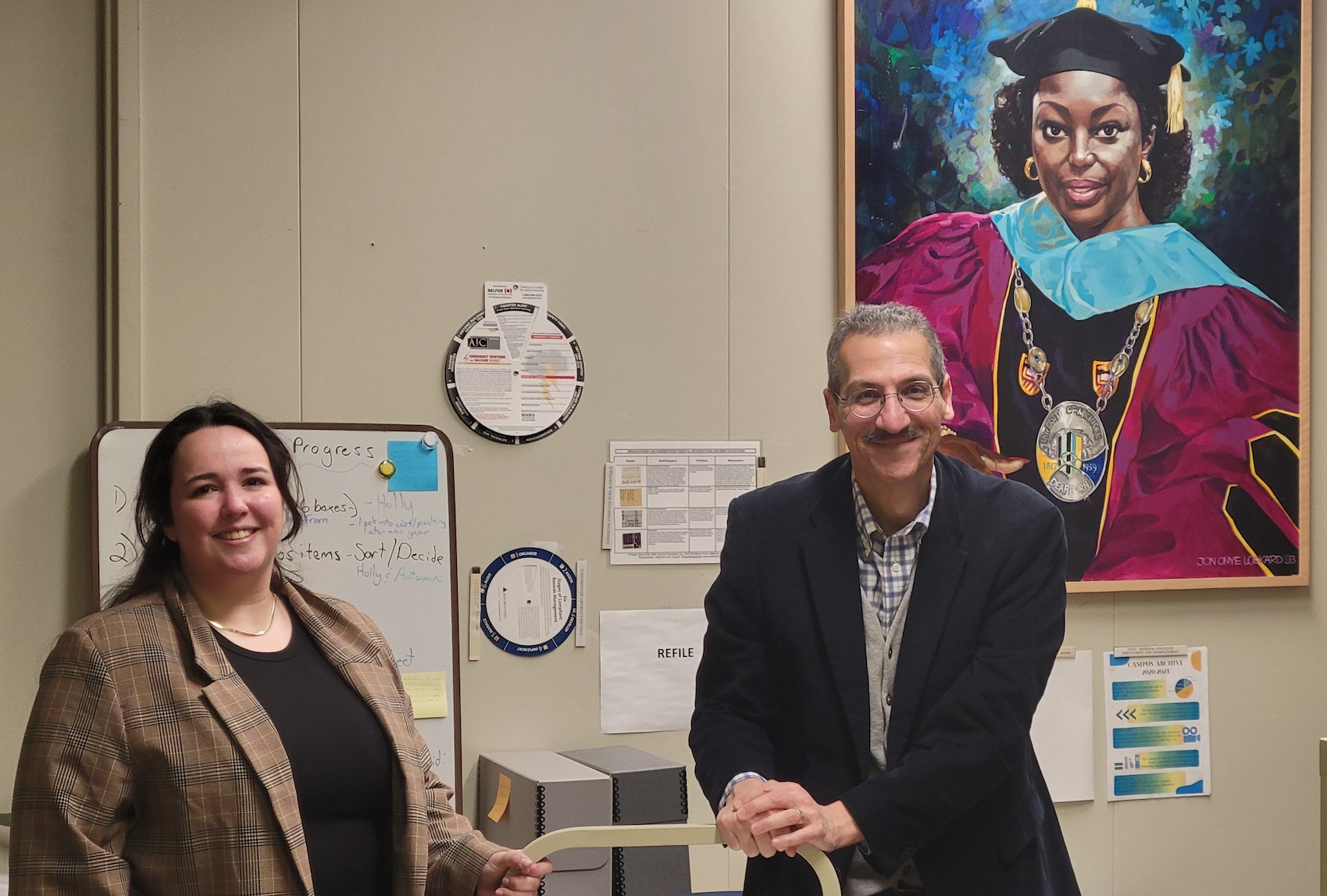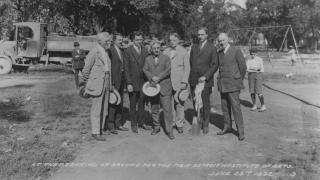Amin, director of research for the Inclusive History Project-Dearborn, is leading the UM-Dearborn-focused effort for U-M’s Inclusive History Project, a multiyear University of Michigan presidential initiative designed to study and document a comprehensive history of the university’s three campuses and Michigan Medicine that is attentive to diversity, equity and inclusion.
“No matter where you are, there is a prehistory that matters — and we want to make sure we examine university history and include previously overlooked, underrepresented voices,” Amin said. “The Inclusive History Project is all about raising up and celebrating the people in our community, while also addressing mistakes made in our past and present in an effort to build awareness when planning for the future.”
Here are a few things to know about UM-Dearborn’s Inclusive History Project.
‘There is power in being real’
Amin said the UM-Dearborn story began in 1959 — so it seemed like a logical place to start.
Many people know Ford Motor Company gifted the land to U-M to start a Dearborn Center training school for business leaders and engineers. And that it was renamed to UM-Dearborn in 1971 when it began admitting first-year and sophomore students.
But Amin wants to go beyond the highlights. “The role of this project is to have our campus be open and honest about itself,” he said. “Everyone has a curated version of themselves and institutions are no different. But we need to remember that there is power in being real.” Even centering this initiative on the establishment of the campus in 1959 requires inquiry into the earlier history of the university and the local community to tell the story more fully. It also requires following the through lines to the present and accounting for subsequent developments.
To understand both the progress and missed opportunities of diversity, equity and inclusion initiatives at UM-Dearborn, Amin said “The 1959 Project” will do focus group research, in addition to archival development and oral histories. “We are keeping the theme open-ended because, as the project builds out, we want to give it room to grow in any needed direction. These conversations will guide us in the next five years, 10 years and beyond.”
Currently, the IHP team is exploring putting together a university history timeline for the project and would like to hear from UM-Dearborn community members to give feedback on what they’d like to see on it. “We want to know: what would you like to see on a history timeline that would resonate with you?”
Also, starting in the fall, the team will host focus groups to learn more about faculty, staff, student, alum, community and retiree experiences. More information about how to get involved will be sent out in late spring.





